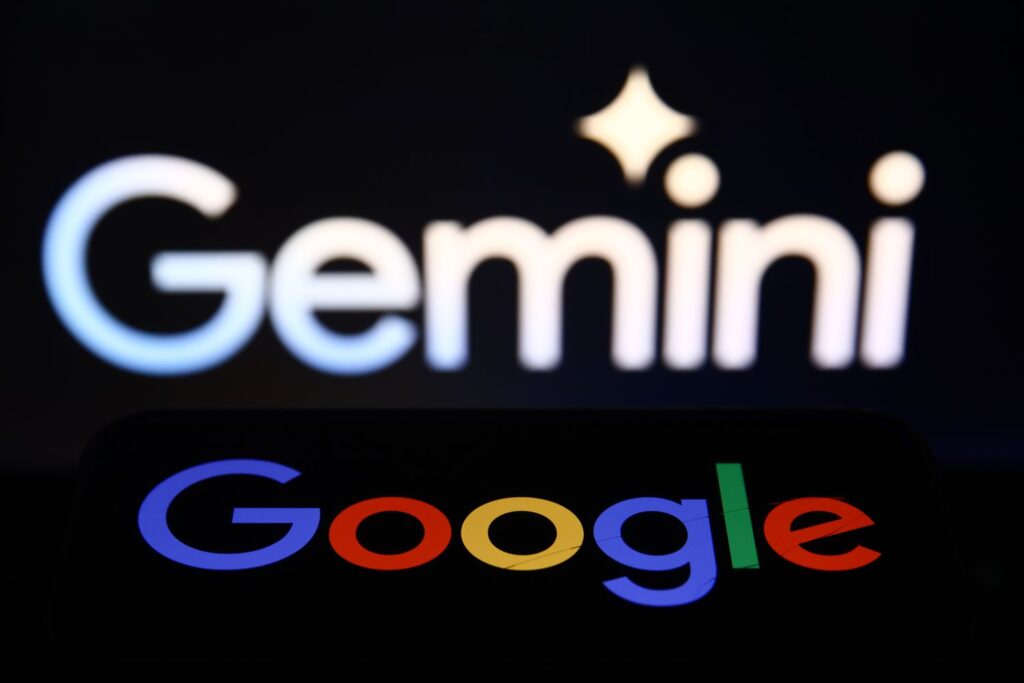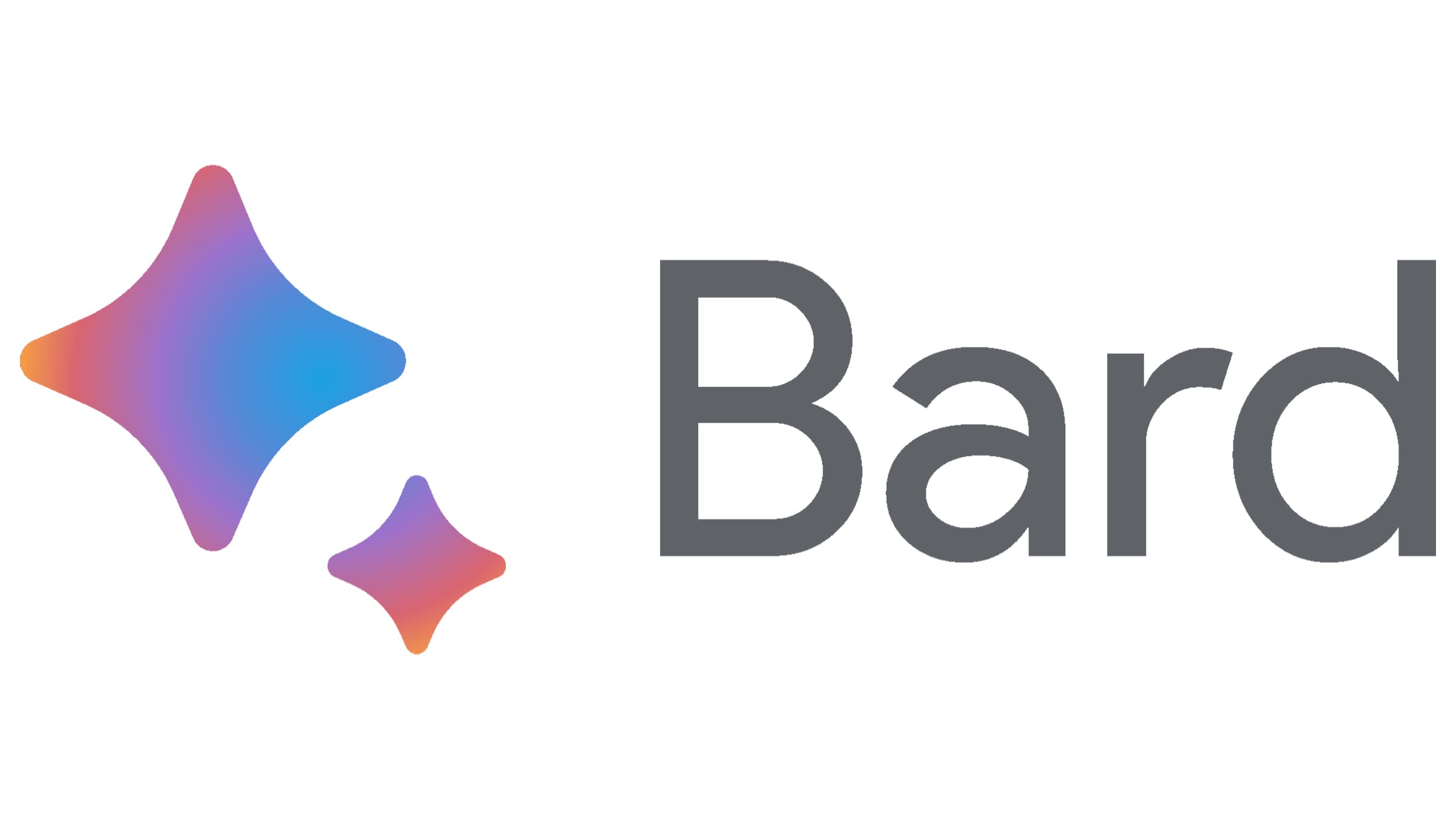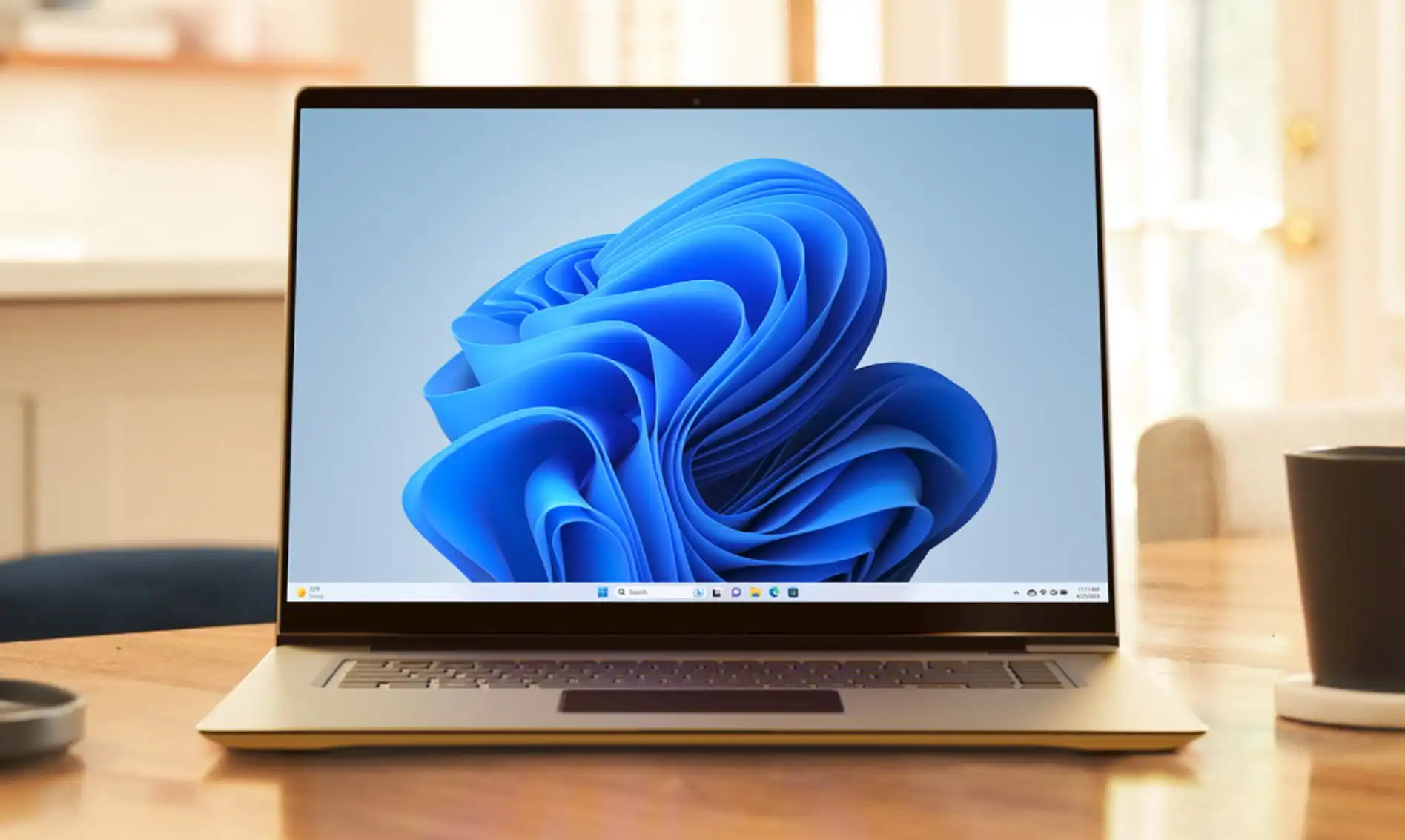
If you stopped a hundred people on the street and asked them what Google’s generative artificial intelligence product was called, chances are, only a handful would know. That’s because, until recently, it went by the name “Bard,” a moniker that conjures up images of British playwrights and Dungeons & Dragons enthusiasts who perhaps missed their sexual harassment prevention training. But now, it’s undergone a transformation and emerged as “Google Gemini,” a new identity that accompanies its debut in Google’s suite of workplace products.
Gemini serves as the umbrella term for Google’s generative AI, which is accessible as a separate app on Android and integrated within the Google search app on iOS. Its reach extends to familiar services like Gmail, Docs, Sheets, Slides, and Meet, where it was previously known as “Duet.” However, some of its more advanced features, such as acting as a “personal tutor” or providing assistive writing in “more advanced coding scenarios,” come with a price tag. Access to these capabilities will require a subscription to Gemini Advanced, priced at $19.99 per month atop a Google One plan. While this may seem steep compared to other offerings like cloud storage, it aligns with the premium tier of similar AI tools like ChatGPT and Microsoft’s Copilot.
Despite Google’s claims of long-term investment in AI, the rebranding of Bard to Gemini feels like a strategic move to regain relevance, albeit with a relatively inexpensive facelift. Competitors like OpenAI and Microsoft are making significant strides, particularly with their ChatGPT and Copilot partnership, which seems to be resonating more strongly in the market. Google’s track record of discontinuing popular apps and services, implementing sudden redesigns, and engaging in bewildering rebrands doesn’t inspire confidence either. For many users, myself included, despite frequent use of Google tools and longstanding loyalty to Android, engaging with Bard or Duet has yet to offer a compelling reason.




